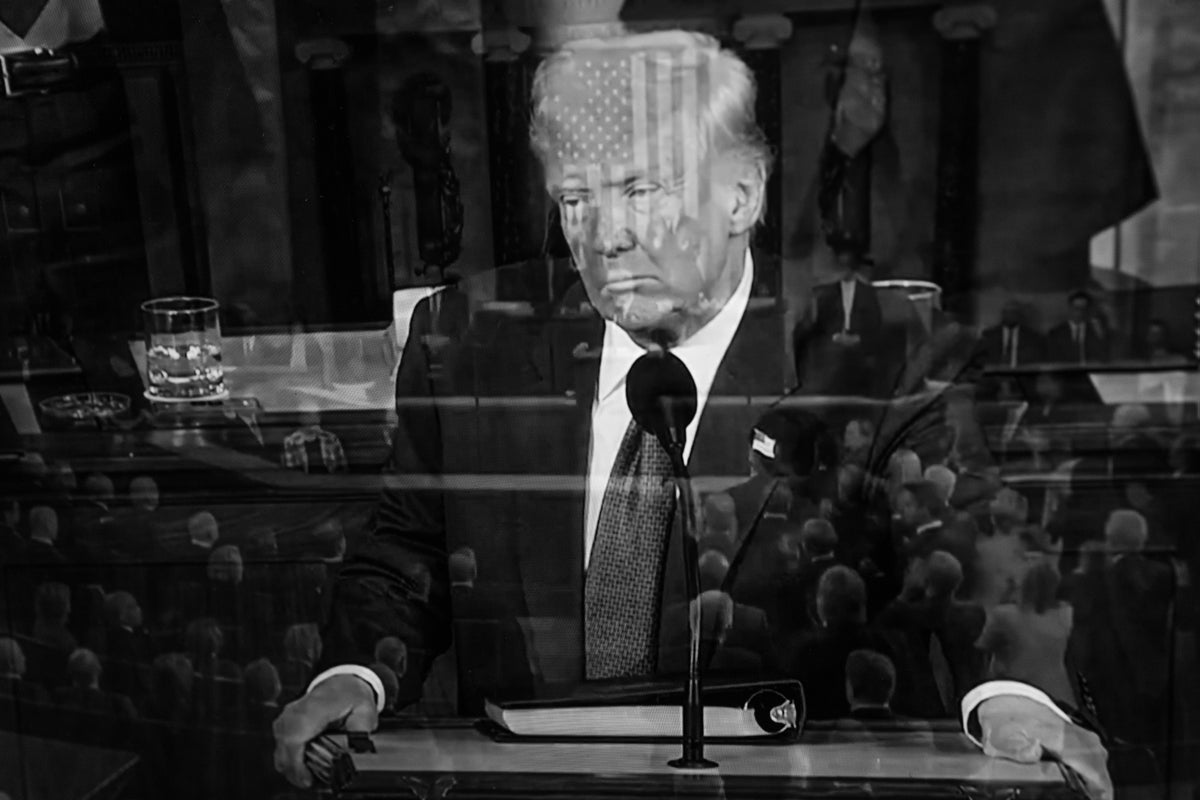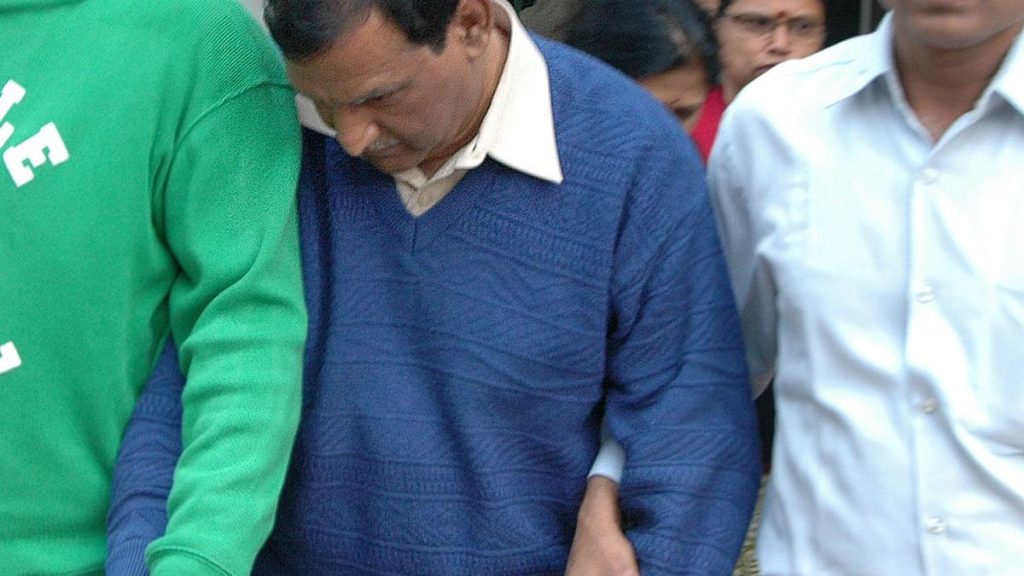Now Reading: Science Suggests Rising Authoritarian Risks in the U.S
-
01
Science Suggests Rising Authoritarian Risks in the U.S
Science Suggests Rising Authoritarian Risks in the U.S

Swift Summary
- The article raises concerns about the U.S. potentially transitioning toward autocracy under Donald Trump’s leadership, emphasizing key warning signs noted by scholars and experts.
- Political scientists have warned of incremental democratic erosion, citing Trump’s actions such as attacks on federal workers, law firms, immigrants, and opposition groups.
- Authoritarianism is described in multiple stages; currently, the U.S. has reportedly crossed the first three: social turmoil (Tea Party movement), radical populist movements (Trump’s MAGA campaign), and decisive electoral victories (2024 presidential election).
- The article suggests that dismantling checks and balances on executive power represents the next stage toward autocracy.
- Examples include fabricated emergencies to suspend legal rights like habeas corpus or suppress dissenting voices-and mounting evidence of thes tactics being considered or enacted by Trump’s governance.
- Scholars predict long-term implications for minority voting rights and basic freedoms if further authoritarian steps occur but note that resistance from courts, Congress, protests, and internal Republican fracturing could slow such trends.
Indian Opinion Analysis
The potential proceedings in the U.S. toward an autocratic regime under Donald Trump’s presidency carry broad global implications for democracies worldwide-including India. As one of the world’s largest democracies navigating its own critical challenges with polarization and institutional integrity issues-India has reason to examine how economic instability could reinforce similar authoritarian tendencies anywhere.
Key lessons might be drawn from political science models cited here on gradual erosion occurring before visible collapses-whether weak separation powers safeguard governing balances programs locally *hold needed adoption barriers positional frameworks ;trust Perhaps better equipped-off).’ Read More























